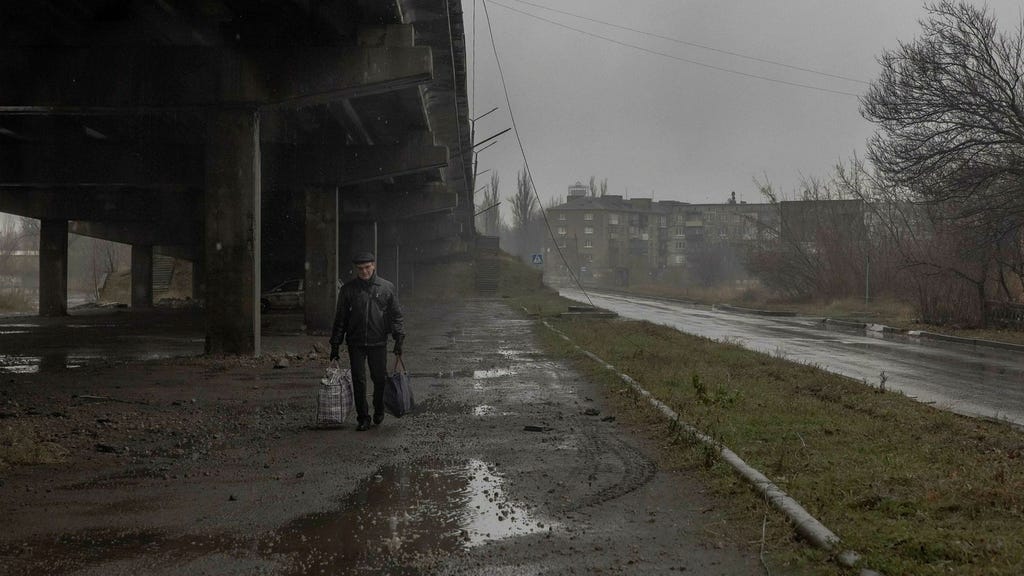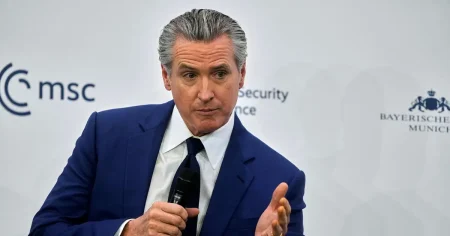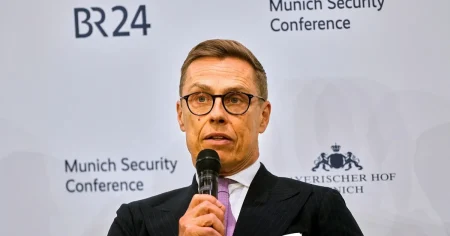The intensity of the Russian offensive in eastern Ukraine has escalated to levels unseen since the initial months of the full-scale invasion in 2022, a concerning development confirmed by expert analysis reported by DN and Reuters. This resurgence of Russian military activity signals a potentially significant shift in the conflict’s dynamics, raising questions about Ukraine’s immediate capacity to counter the advance. Johan Huovinen, Lieutenant Colonel and lecturer at the Swedish Defence University, offers a pessimistic short-term outlook, suggesting that Ukraine might lack the necessary resources or strategic advantage to effectively halt the Russian gains in the near future. This renewed Russian push underscores the volatile nature of the conflict and the ongoing challenges facing Ukrainian defense forces.
The renewed Russian offensive leverages a combination of factors, including intensified artillery barrages, increased manpower deployments, and potentially refined tactical approaches. Experts suggest that Russia might be capitalizing on lessons learned from earlier phases of the conflict, adapting their strategies to overcome previous setbacks and exploit perceived weaknesses in Ukrainian defenses. The focus on eastern Ukraine likely reflects Russia’s strategic objectives of securing territorial control in the Donbas region and potentially creating a land bridge to Crimea. The increased pace of territorial gains indicates a concentrated effort by Russian forces to achieve these objectives, potentially signaling a renewed determination to escalate the conflict.
Ukraine’s ability to respond effectively to this intensified Russian offensive is constrained by various factors, including potential limitations in military resources, manpower availability, and the ongoing need to defend multiple fronts. The assessment by experts like Johan Huovinen highlights the immediate challenges Ukraine faces in regaining lost ground or halting the Russian advance. While Ukraine has demonstrated resilience and tactical adaptability throughout the conflict, the sheer scale and intensity of the current Russian offensive present a formidable challenge. The situation underscores the urgent need for continued international support for Ukraine, including military aid, intelligence sharing, and diplomatic efforts to de-escalate the conflict.
The implications of Russia’s accelerated territorial gains extend beyond the immediate military context, raising concerns about the humanitarian situation, potential war crimes, and the long-term stability of the region. As Russian forces advance, the risk of civilian casualties and displacement increases, exacerbating the already dire humanitarian crisis in Ukraine. Furthermore, reports of potential war crimes and human rights abuses in newly occupied territories raise serious concerns about the safety and well-being of civilians under Russian control. The international community must remain vigilant in monitoring the situation and holding perpetrators accountable for any violations of international law.
The ongoing conflict in eastern Ukraine has significant geopolitical ramifications, impacting international relations, energy security, and the broader security landscape in Europe. The intensified Russian offensive underscores the fragility of the current security architecture and the need for a coordinated international response to address the evolving challenges posed by the conflict. The conflict’s impact on energy markets, particularly in Europe, further complicates the situation, highlighting the interconnectedness of global security and economic stability. The international community must work collaboratively to mitigate the risks and consequences of the conflict, promoting diplomatic solutions and supporting efforts to restore peace and stability in the region.
The future trajectory of the conflict remains uncertain, with the current Russian offensive adding a new layer of complexity and urgency to the situation. While the immediate outlook appears challenging for Ukraine, the long-term outcome will depend on a multitude of factors, including the effectiveness of Ukrainian resistance, the extent of international support, and the evolving political and diplomatic landscape. The international community must remain committed to supporting Ukraine’s sovereignty and territorial integrity, while simultaneously pursuing diplomatic avenues to de-escalate the conflict and prevent further human suffering. The intensified fighting in eastern Ukraine serves as a stark reminder of the devastating consequences of armed conflict and the urgent need for peaceful resolutions to international disputes.














